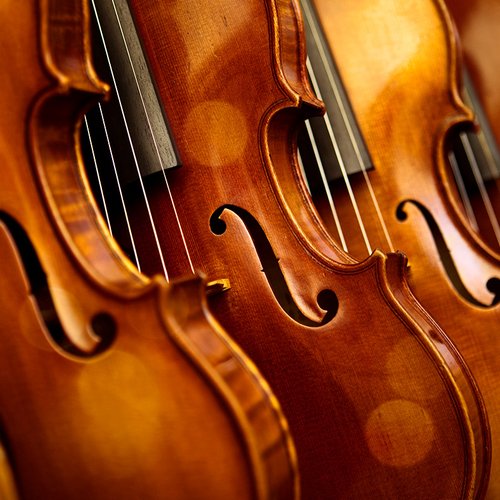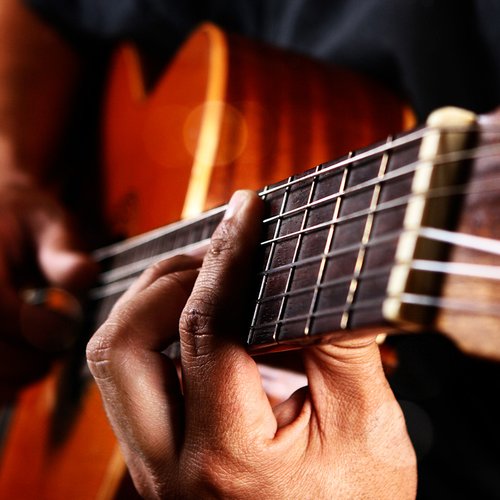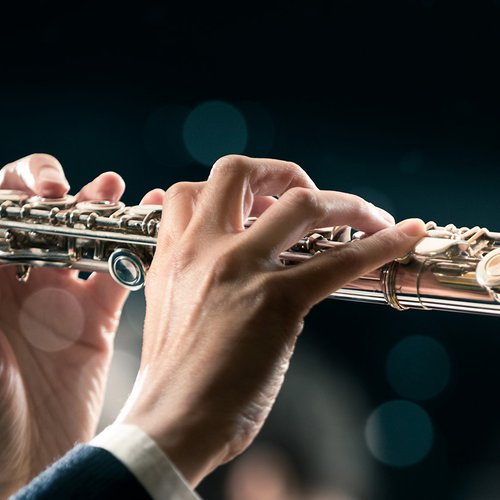Meet the cimbasso, the epic brass contraption heard in ‘Inception’ and ‘Call of Duty’
26 April 2024, 18:54

What is a Cimbasso and who invented it? | Classic FM
With beginnings in Italian opera, the cimbasso has gone on to play an essential role in blockbuster action movies.
Listen to this article
“You might think it looks more like a space heater than it does an instrument,” said brass maestro John Whitener, of the Royal Scottish National Orchestra (RSNO). He’s describing the cimbasso – an instrument with a history as interesting as the mighty bass sound it creates.
Italian opera composer Giuseppe Verdi famously hated the tuba, describing it as a “devilish” creation that did not blend with the rest of the orchestra. The composer insisted on the design of a new brass instrument which could play the lowest parts in his opera scores.
That new creation, which went on to be featured in many 19th-century Italian opera scores, is now known as the cimbasso.
Today, many tuba players double up on a cimbasso to meet the demands of film composers like Hans Zimmer who are increasingly featuring it in their movie scores, to add drama and weight to the sound.
One of those players is Whitener, who is Principal Tuba in Classic FM’s partner orchestra, the RSNO. Born in Maine in the US, John joined the leading orchestra in November 2009.
We met Whitener and his cimbasso backstage at the Royal Albert Hall ahead of Classic FM Live, to explore the history and extraordinary sound of this mighty instrument.
Read more: Jaw-droppingly nimble soloist plays virtuosic violin Czardas on the tuba
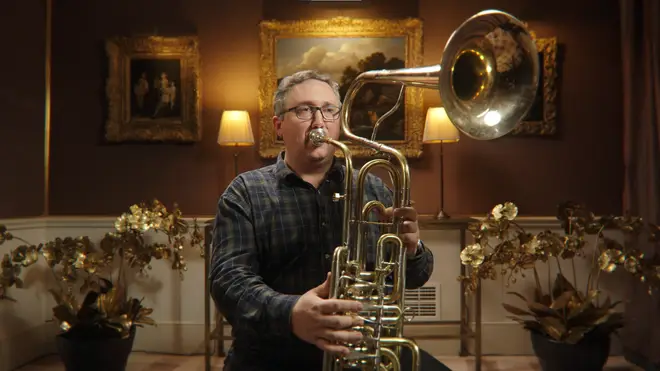
The cimbasso is a product of 19th-century Italian opera orchestras.
In Verdi’s day, the lower brass parts in an opera score would have been played by the most popular brass instruments of the time, which could have been a serpent, bombardone or ophicleide. The word ‘cimbasso’ came to mean any of these instruments, that could play the lowest brass part.
Today’s cimbasso first appeared under the name ‘trombone basso’ – which is the instrument Verdi had designed in the 1880s.
“Verdi had a great dislike of the tuba,” Whitener explained backstage at the Royal Albert Hall. “Absolutely hated it, thought it was Bavarian nonsense.
“He went to an instrument maker in Italy wanting to create a bass voice that was like a trombone sound but in the tuba register,” he said, adding, “It sounds very much like a trombone but really gritty and girthy.”
Usually pitched in F, the cimbasso has around the same range as a tuba or contrabass trombone, but with a “bright sound, rather than a covered tuba sound”, Whitener explains.
Most cimbassos have four to six rotary valves, a bell, and a cylindrical bore. “You might think it looks more like a space heater than it does an instrument,” the musicians adds.
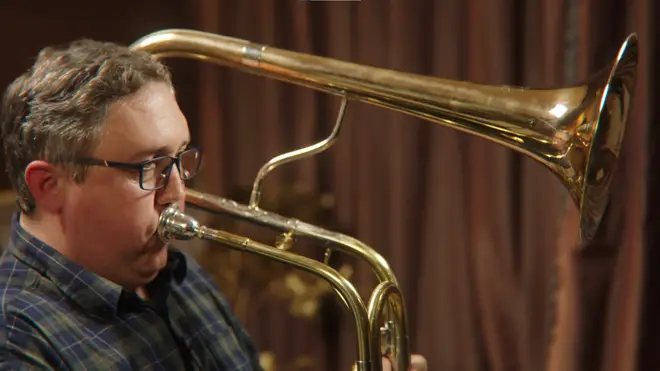
Verdi went on to write specifically for the instrument in two of his operas – Otello and Falstaff. Fellow Italian, Giacomo Puccini, followed suit and wrote a trombone basso into the score for Turandot. It provides a “much more rounded tone” at the end of ‘Nessun dorma’, Whitener adds.
Today the cimbasso (which translates as something like “low voice”, Whitener explains) appears in lots of film and video game soundtracks like Call of Duty and Inception, with the popularisation of loud, low-brass orchestral scores.
“In Lord of the Rings they had videos of the brass section backstage,” Whitener says. “You had four tubas and four cimbassos all in a row sitting next to each other, making an almighty racket.”
In Hans Zimmer’s score for Inception, that low, rumbling waaaap sound in ‘Dream is Collapsing’ and ‘Time’ is made by a cimbasso. And you can hear Whitener himself playing it in the Netflix documentary Life on our Planet, narrated by Morgan Freeman.
With the booming popularity of film and video game music in the orchestral world, the RSNO has been upping its movies offering, recording more official soundtracks and building a new recording studio. And with the rise of film music, comes the cimbasso’s moment in the spotlight – so John has gone and bought his own cimbasso.
“It’s just lots of fun,” he says. “If I could have a career just playing cimbasso in film soundtracks, I’d be very happy.”






















